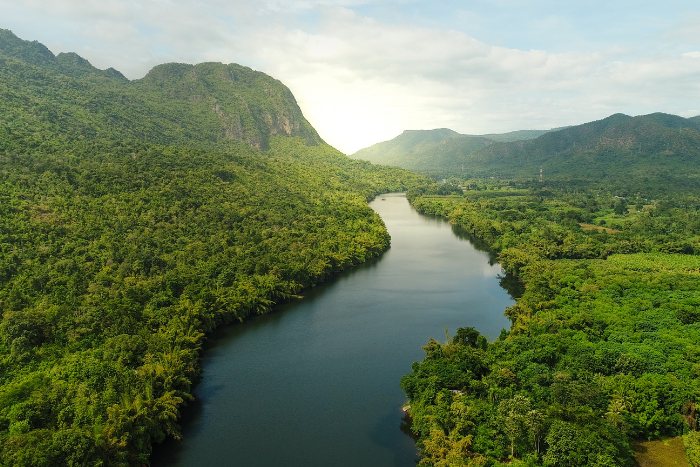In a meeting on August 28, the Cauvery Water Regulation Committee (CWRC) issued an interim order to Karnataka, asking it to release 5,000 cusecs of water daily to Tamil Nadu for the next 15 days. The order comes after the Supreme Court asked for a report from the Cauvery Water Management Authority (CWMA) on whether Karnataka is adhering to the court’s August 11 directive to release 10,000 cusecs of water from the Cauvery river to Tamil Nadu. At the meeting, Karnataka had proposed reducing the amount of water released to Tamil Nadu to 3,000 cusecs, but this was rejected by the CWRC. Karnataka is likely to challenge CWRC’s notice in front of the CWMA.
Karnataka is seeking to reduce the amount of water released to its neighbour citing distress because of inadequate rainfall this year. Tamil Nadu wants to increase the amount in order to save its standing crops.
India sets emission limit for green hydrogen production
India set an emission limit of two kilograms of carbon-dioxide for every kilogram of hydrogen produced from renewable sources to be classified as “green”. The Ministry of New and Renewable Energy said this limit will bring much-needed clarity to produce green hydrogen in India. The country is aiming for an annual production of 5 million metric tonnes of the fuel by 2030, which is estimated to cut 50 million metric tonnes of carbon emissions.
Rich countries ‘trapping’ debt-ridden poorer nations to rely on fossil fuels: Report
A new report revealed how rich countries are “trapping” poor, indebted countries into relying on fossil fuels. These debt-ridden nations are being forced to invest in fossil fuel projects in order to pay their debts arising due to loans from richer nations and financial institutions, according to the report by anti-debt campaigners Debt Justice. The report’s authors claimed these high debt levels will be a major barrier in phasing out fossil fuels.
Japan begins releasing Fukushima water into the ocean
Japan’s prime minister criticised Beijing after reports that stones were thrown at its diplomatic missions and schools in China after the former released wastewater from the Fukushima nuclear power plant into the sea. Japan began releasing the treated radioactive water on August 24.
The plan to release the wastewater was approved two years ago, and has been criticised by local fishing groups as well. It was deemed crucial to decommission the plant operated by the Tokyo Electric Power Company (Tepco). The first discharge totalling 7,800 cubic metres will contain about 190 becquerels (units of radioactivity) of tritium per litre, which is much below the WHO’s drinking water limit of 10,000 becquerels per litre, claimed Tepco.


